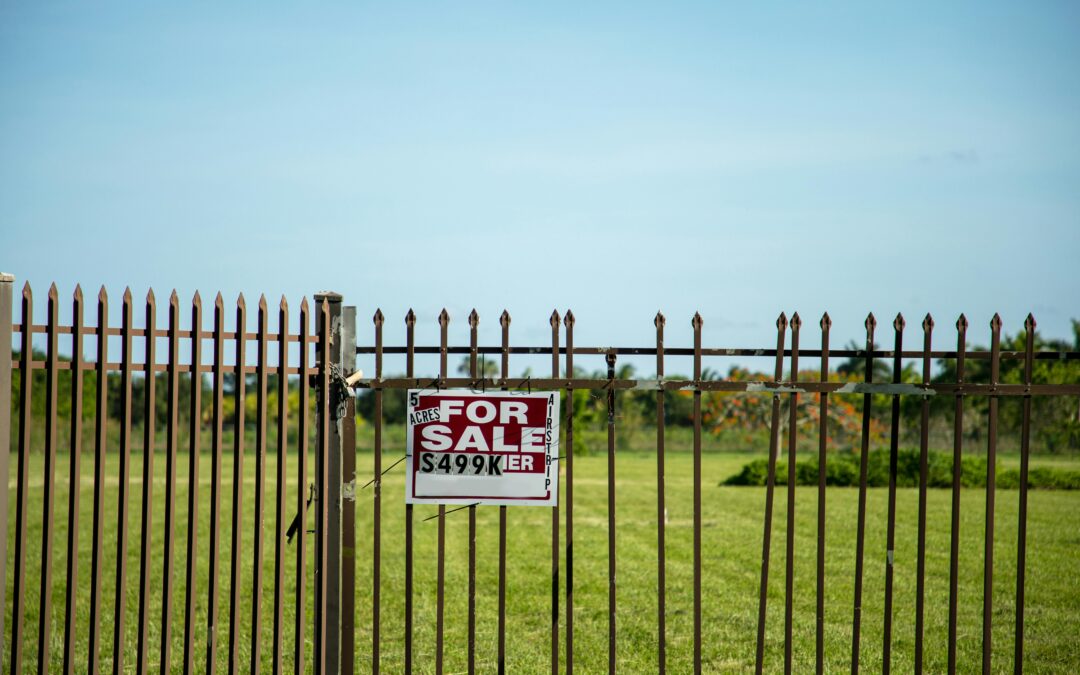Finding the right place to live is about more than just a great location or attractive amenities—it’s also about ensuring the property is well-managed. A well-managed property not only provides a safe and comfortable living environment but also preserves your investment over time. By knowing what to look for, you can make an informed decision before you commit to a new home.
One of the first steps is to observe the overall condition of the property. A well-managed property will have clean, well-maintained common areas, properly functioning facilities, and clear signs of regular upkeep. Look at the exterior of the building: is the landscaping neat? Are the hallways and shared spaces free of clutter and debris? If you are considering a condominium or apartment complex, check if there are signs of recent renovations or proactive maintenance. Many potential residents also consult with expert agencies in Condo & Property Management to gauge the reputation and management quality of a property.
Beyond the physical appearance, the attitude of the staff and management team can tell you a lot about how the property is run. During your initial visit or tour, pay attention to how staff members interact with residents and prospective tenants. Are they courteous, professional, and responsive to questions? A strong management team will be approachable and willing to discuss how they handle maintenance issues, security, and community events. It is also useful to ask for references or speak to current residents about their experiences. Their feedback can offer insights into whether the management is proactive or simply reactive when problems arise.
Key Indicators of Quality Management
Understanding the signs of effective property management is essential. Consider the following indicators:
- Timely Maintenance and Repairs: A property that is well-managed will address maintenance issues quickly. Ask about the typical response time for repair requests and whether there is an on-site maintenance team.
- Clear Communication: Effective communication channels, such as newsletters, community bulletin boards, or online portals, show that management values transparency and keeps residents informed.
- Financial Stability: Well-managed properties usually have clear budgeting practices and reserve funds for major repairs or upgrades. This financial discipline is critical for long-term property maintenance.
- Community Involvement: Look for evidence of community-building efforts. Regular social events, a dedicated community manager, or active resident committees indicate that the management fosters a sense of belonging and takes resident feedback seriously.
- Security Measures: Evaluate the security features of the property. A well-managed property invests in proper lighting, secure entry systems, and surveillance cameras to ensure residents feel safe.
Questions to Ask and Red Flags to Notice
Before making your final decision, it is helpful to ask specific questions and watch for red flags that might signal poor management. Consider inquiring about:
- The process for handling maintenance requests and the average resolution time.
- The schedule for regular cleaning and upkeep of common areas.
- Policies regarding noise, pets, and community rules.
- How management handles disputes between residents.
- Recent or planned renovations and improvements.
Red flags might include unresponsive management, visible signs of neglect such as peeling paint or broken fixtures, and frequent turnover among residents. If you notice these issues, it could be an indication that the property is not managed to a high standard.
Taking the Next Steps
Once you’ve gathered enough information, take some time to reflect on whether the property meets your expectations for quality management. A well-managed property should offer not only a well-kept living environment but also a proactive and communicative management team that is committed to your satisfaction. Trust your instincts—if something feels off or if you encounter persistent issues during your visit, it might be wise to continue your search.
By carefully assessing both the physical condition of the property and the effectiveness of its management, you can spot a well-managed home before you move in. This proactive approach helps ensure that you invest in a living space that will be maintained properly, fostering a positive and stress-free living experience.

Recent Comments